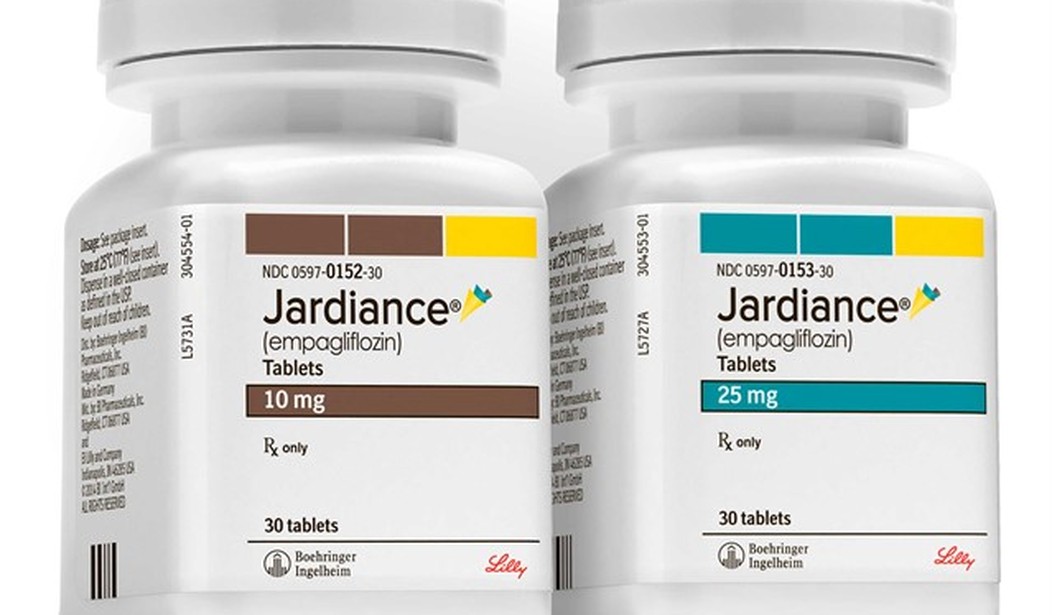This week, the Biden administration announced that Medicare would name some 10 prescription drugs it would subject to direct price negotiations. The drugs include Jardiance (diabetes), Entresto (heart failure), Imbruvica (blood cancer) and Stelara (psoriasis). If the companies that created the drugs refuse to kowtow to Medicare, they will be forced to withdraw from Medicare and Medicaid coverage or face a 95% excise tax.
The White House celebrated the decision as a win for taxpayers: after all, they pointed out, the 10 selected drugs were responsible for one-fifth of all Medicare Part D prescription costs between June 1, 2022, and May 31, 2023. "There is no reason," Biden said in a statement, "why Americans should be forced to pay more than any developed nation for life-saving prescriptions just to pad Big Pharma's pockets."
Of course, that's not what's really happening.
First off, drug development is unbelievably expensive. In 2019 alone, the pharmaceutical industry spent $83 billion on research and development. According to a 2020 study, which covered some 632 new therapeutic drugs and biologic agents approved by the FDA, the "estimated median capitalized research and development cost per product was $985 million, counting expenditures on failed trials." The average cost was $1.3 billion (some drugs are much more expensive to develop than others). According to the National Institutes of Health, the success rate of drug development is just 10 to 15 percent.
Americans bear the brunt of this cost -- largely because other countries free ride. But Americans also capture the industry upside of drug development in the United States. This is why, according to one 2010 study, the United States accounted for "42 percent of prescription drug spending and 40% of the total GDP among innovator countries and was responsible for the development of 43.7 percent of the (new molecular entities)." According to the Bureau of Labor Statistics, the pharmaceutical and medicine manufacturing industry is responsible for some 332,000 jobs.
Recommended
So, what would the new regulations do? If they are implemented, according to National Review's Jeff Zymeri, drug development will drop off: "The CBO has predicted that the scheme provided for under the IRA would lead to a manufacturer-revenue loss of 15 percent. Such a cut in CBO's predicted 45 new drugs per year would suggest around 6.8 fewer drugs per year, totaling around 121 lost over the 18-year horizon, as one report estimated." The drugs most likely to disappear would be drugs that target rare conditions and thus have less of a market.
As an investor in biotech stock, I can say with confidence that investment will shift out of the sector and into other, freer sectors should the Biden administration move to quash profit margins in the sector. Why would investors sink money into a drug, only to find out that the more successful it is, the less profit there will be in it?
There is another solution: Force other countries to pay their fair share. This would ensure that Americans pay similar prices to those around the world, while also creating incentive for innovation. But that would require politicians to abandon their happy talk and deal in the real world. And that's not something politicians are likely to do.

























Join the conversation as a VIP Member